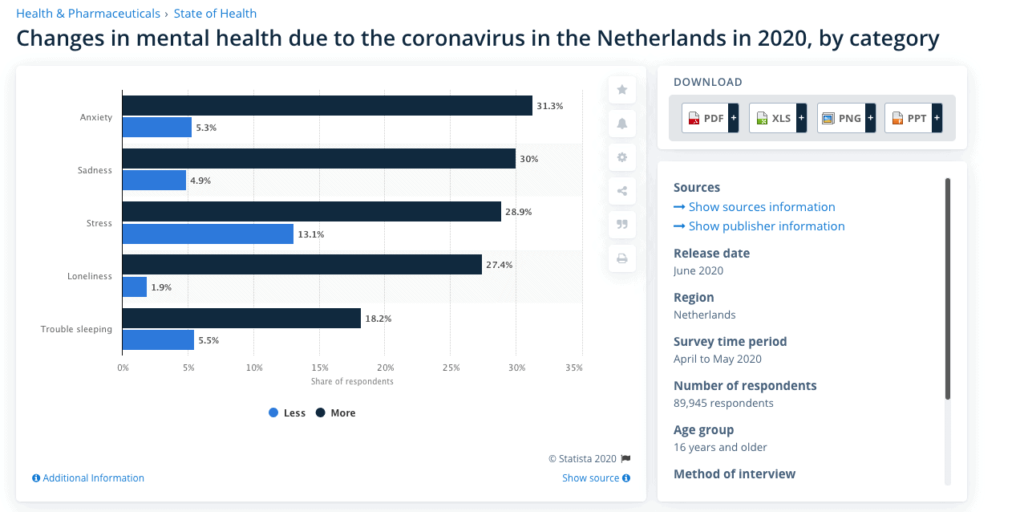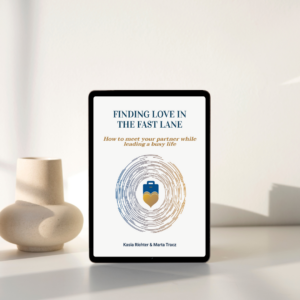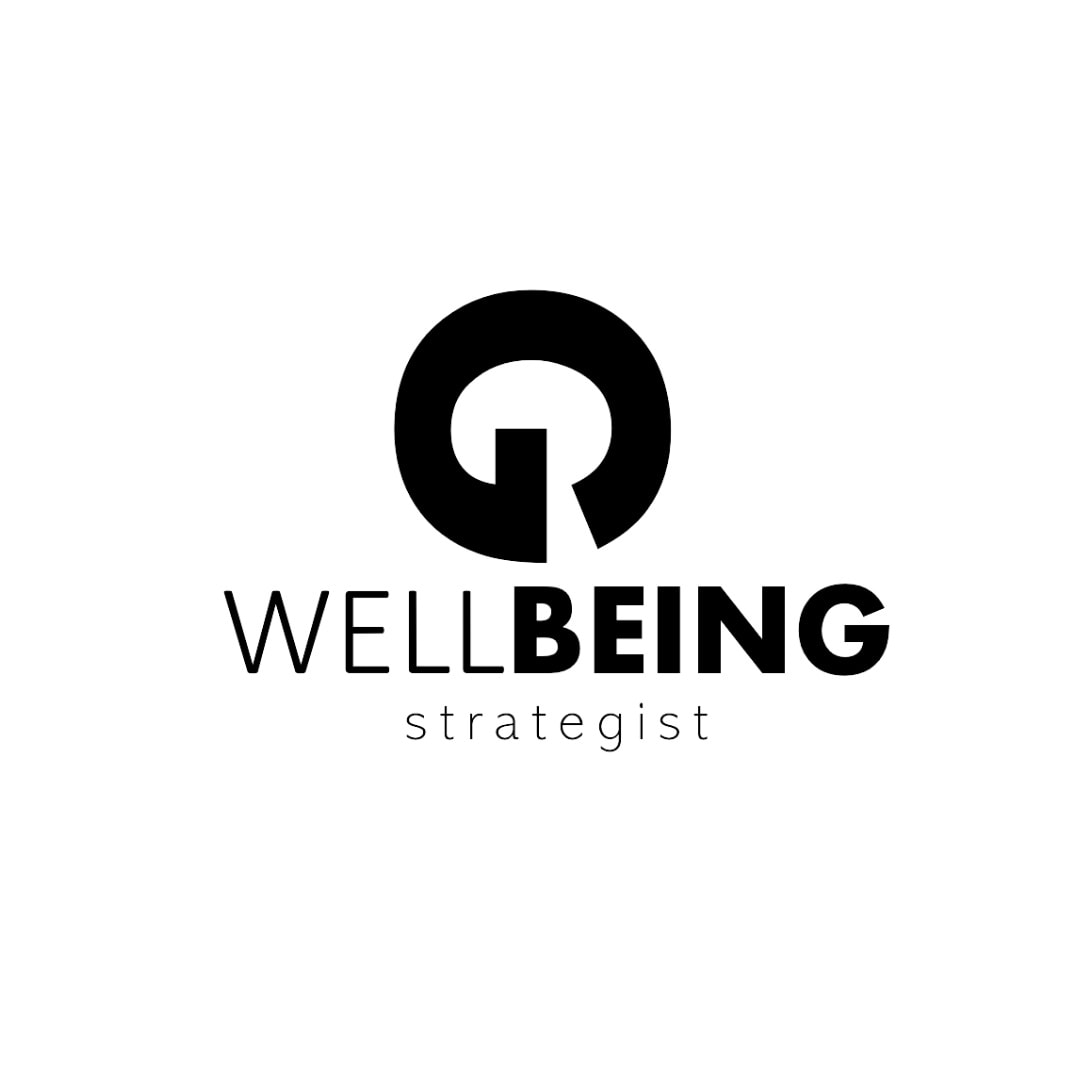Master your mind space before you look for a job.
“What will I do now?”, How will I pay the bills?, What if I never find a job that I love?, How will I ever explain this period of unemployment to future employers?
These are the questions thousands of pilots and cabin crew who were laid off or are facing unknown future are asking at the moment. The current pandemic situation shows that even the biggest and most prestigious airlines were not immune to crisis.
The impact of the pandemic on the mental health of employees
According to Fortune.com, the total number of announced major-airline job cuts is around 70,000 — and more will surely come. Germany’s Lufthansa Group has just announced up to 22,000 job cuts. So far, Emirates has reportedly laid off more than 7,200 cabin crew, pilots, and engineers.
Norwegian saw four of its Swedish and Danish subsidiaries file for bankruptcy in late April. It also ended a range of staffing contracts in the U.S. and Europe. Altogether, 4,700 jobs are at risk.
On 23rd of March 2020, The Guardian published an article: ‘Existential crisis’: airline workers fear layoffs amid coronavirus pandemic. The collapse in travel that has followed is jeopardizing the jobs of 750,000 people directly employed by US airlines.
According to research results of Hans De Witte, Job Insecurity and Psychological Well-being published in the European Journal of Work and Organizational Psychology in 2010, job insecurity reduces psychological well-being and job satisfaction and increases psychosomatic complaints and physical strains. Moreover, this research proved that job insecurity causes an equal amount of distress as short-term unemployment.
Research results indicate that job insecurity is associated with a deterioration of psychological health (i.e. leading to psychological distress and burnout), as well as job and organizational withdrawal.
Downsizing, redeployment, and reorganization had been on the rise since March this year all over the world. The spread of the coronavirus impacted millions of jobs worldwide. Only in Germany, 1.6 million jobs in the tourism sector are at risk.
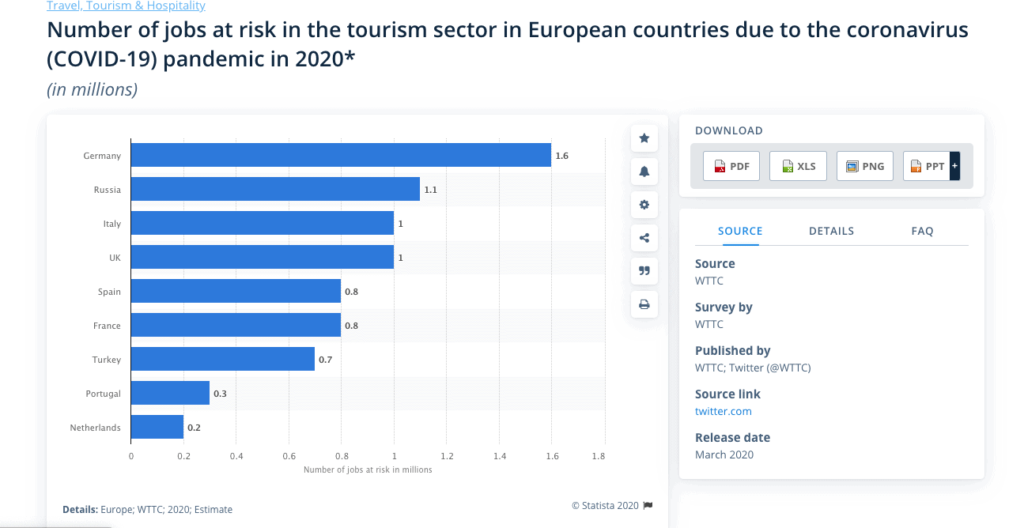
In the United States, nearly 5 million jobs in the leisure and hospitality industry have been affected.
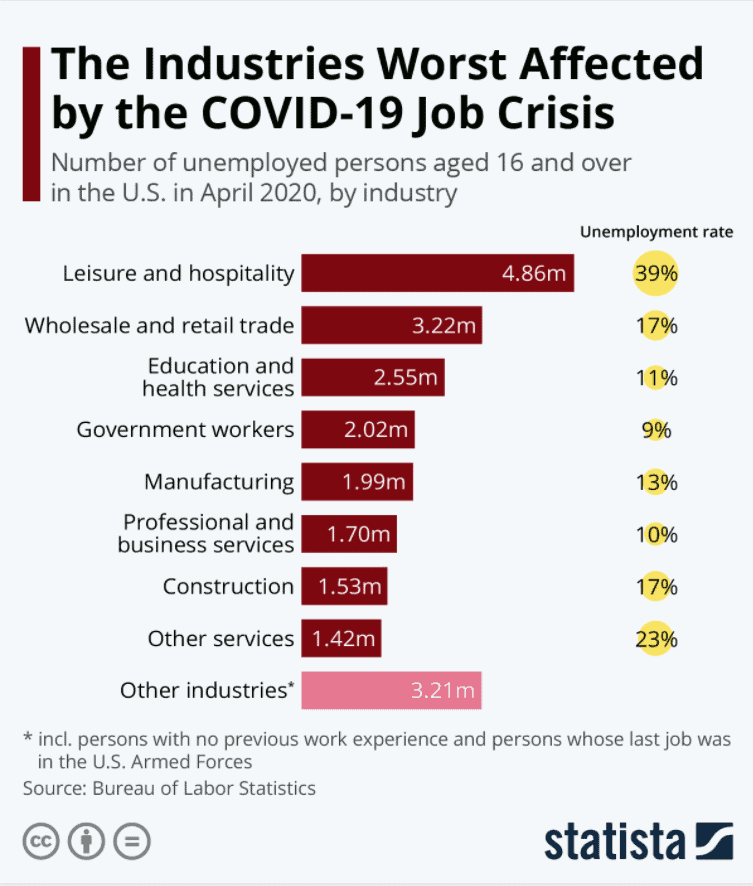
Statistics are confirming the science research results; in the Netherlands coronavirus impacted society in a significant way.
Anxiety, sadness, stress, loneliness, and trouble sleeping have been most frequently mentioned mental health changes.
According to Statista, over 30% of people in the Netherlands experienced anxiety due to the pandemic situation.
You may also be interested: Life After Flying- career transition guide. 
How to recognise signs of mental distress?
The immediate effects of job insecurity on the physical, psychological, and social functioning of employees include things like:
being hypervigilant,
being very keen and aware of your environment,
startling easily,
experiencing problems with sleep ( sleeping under 6 hours per night),
drinking more alcohol or using more painkillers when feeling stressed.
You may also like: How to extract strength from pain.8 lessons from Japanese art-Kintsugi.
Overcoming job insecurity with mindfulness practice in 3 easy steps
1. Belief system makeover
A serious belief system makeover is the first thing required when thinking about your career transition. Because when your thoughts change, you change. When faced with uncertainty, the fear takes over and we tend to think about the worst-case scenarios or positioning ourselves as victims. The problem is that people can’t see how these fear-based thoughts are the basis for limiting beliefs about their own potential, and this cycle of fear inevitably becomes a self-fulfilling prophecy. Negative emotions narrow your mind and focus your thoughts, so even when there is a lot of opportunities people won’t see them.
How to Increase Positive Thinking in Your Life? Mindfulness practices such as meditation, breathing techniques, the practice of acceptance of thoughts, and feelings can be the answer.
2. Self-care practice
Self-care is even more important now than ever before.“Having healthy boundaries is a way to practice self-care. Learning how to say no, learning when to say no. Learning that saying no is not a bad thing. It doesn’t ruin relationships, even if it feels like it will, but it helps to protect you. You cannot pour from an empty cup.”
3. Boosting your wellbeing and resilience through yoga practice.
Firstly, exercise such as yoga practice is still the number one well-being pill, and research suggests that exercise builds confidence while enhancing both physical and mental health.
Yoga increases body awareness, relieves stress, reduces muscle tension, strain, and inflammation, sharpens attention and concentration, and calms and strengthens the nervous system.
Yoga’s positive benefits on mental health have made it an important practice tool of psychotherapy (American Psychological Association).
Don’t know how to start? Join my upcoming Resilience With Yoga- 5 day challenge, starting on the 15th of June.

Do you need help dealing with maintaining mental wellbeing?
Deal with Culture can help. Developing a positive attitude and resilience is a process and the biggest investment you make to secure an upgrade in your health, wealth and quality of life.
Katarzyna Richter
Founder and CEO of Deal With Culture

